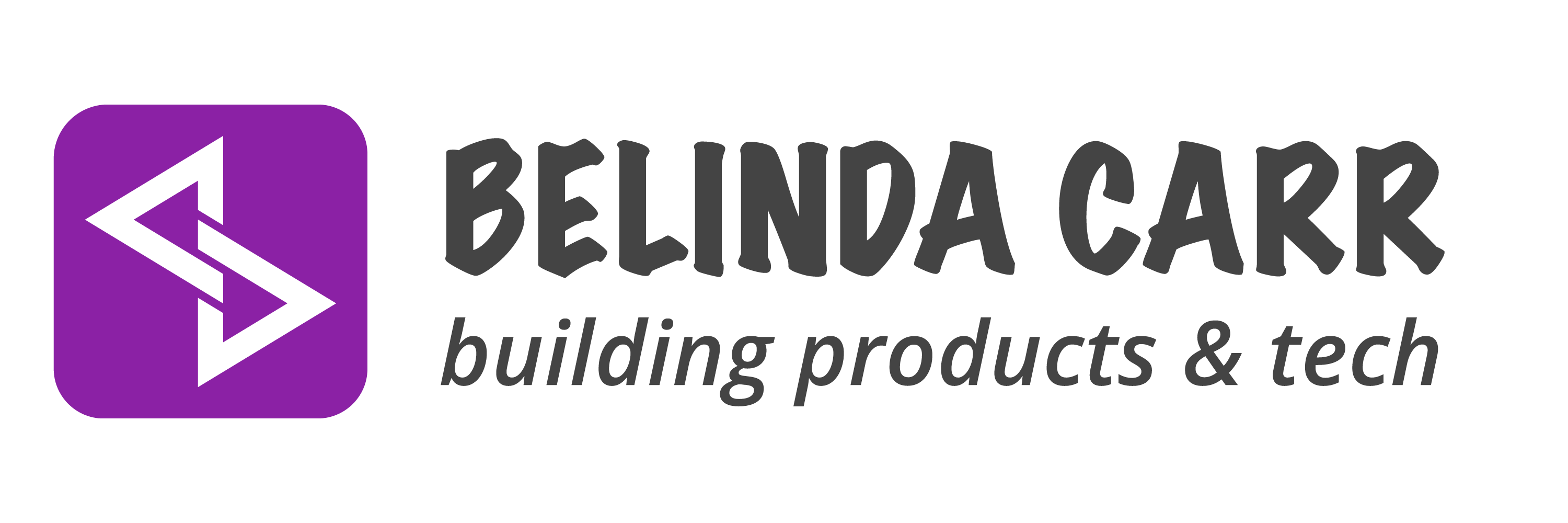Countertop trends seem to change every single year and social media is fueling this movement. Butcher block and quartz countertops are the two most popular choices right now. Both materials can redefine the look and functionality of a kitchen or bathroom and create a space that reflects your personal style.
Introduction
When it comes to choosing the right countertop material for your kitchen or bathroom, two options stand out: butcher block and quartz. Both offer unique qualities that can elevate the look and functionality of your space. In this comprehensive comparison, we’ll delve into the manufacturing processes, appearance, porosity, cost, hardness, scratch resistance, and heat resistance of both materials. By the end, you’ll be well-equipped to make an informed decision that aligns with your preferences and requirements.
Butcher Block Countertops
Butcher block countertops are crafted by gluing strips of wood together, resulting in a solid and durable surface. They can be made from various woods, such as maple, walnut, beech, cherry, and red oak. For a more exotic touch, teak, bamboo, wenge, zebrawood, and iroko are also options. The wood is carefully selected, milled into uniform strips, and dried to reduce moisture content. Once glued and sanded, a top finish coat, like Minwax oil-based polyurethane, enhances the wood’s natural beauty and provides protection against moisture, stains, and bacteria. However, regular oiling or resealing is required to maintain the countertop’s longevity.
Quartz Countertops
Quartz countertops are engineered using natural quartz crystals mixed with resins, resulting in a non-porous and stain-resistant surface. The manufacturing process involves grinding white and clear quartz into a fine powder, which is then mixed with plastic resins, colored pigments, recycled glass, and metallic flecks. After pouring the mixture into a mold and creating artificial veins, the slab is dried and baked to solidify the quartz. Unlike butcher block countertops, quartz is non-porous and doesn’t require sealing. Cleaning can be done with mild soap, water, and non-abrasive household cleaners.
Appearance
Butcher blocks add warmth and natural coloring to a space. Wood mixes well with many other countertop materials, like granite, concrete, marble and quartz. You can further define the look of your countertop through the choice of wood grain on the top surface. There are three main types of wood grain patterns.
- Edge grain resembles long lean strips
- Face grain shows off natural ovals and swirls
- End grain looks like a checkerboard.

Quartz countertops are usually more minimalist, lighter in color and have uniform designs. You can also customize their edge profiles with designs like cascade, mitered, bryn, cornice, boulder and basin.
Porosity
It refers to the amount of voids that allow liquid and air to pass through and determines the material’s susceptibility to water, oil and food stains. As expected, butcher blocks are very sensitive to liquid so you must limit any exposure to moisture. On the other hand, quartz didn’t absorb any of the liquid and wasn’t affected by the food coloring. They have the same susceptibility to oil. The unsealed butcher block was permanently stained, while the quartz sample was unaffected.
Cost
Butcher block is one of the most affordable countertop materials. With installation, it costs $40-$100 per sqft, much cheaper than quartz, which costs $100-$200 per sq ft. Their cost difference directly relates to their DIY-ability. We used basic tools to cut holes for the sink and faucet, route the edge and smoothen the surfaces.
Unlike laminate or solid-surface counters, butcher blocks are repairable. Nicks, scratches and burns can be lightly sanded and the surface re-oiled or resealed. Quartz countertops have to be cut by a professional fabricator with specialized CNC tools. They are also very heavy and can’t be installed by a single person. Butcher blocks can also be more environmentally friendly and have a lower energy footprint than quartz. They don’t require minerals to be mined and extracted for the earth and their manufacturing process is not energy intensive.
Hardness & Scratch Resistance
Quartz countertops are virtually indestructible, with a hardness surpassing even granite. They are resistant to scratches, stains, and chips. In contrast, butcher block is more vulnerable to scratches and dents, necessitating regular care and maintenance.
Heat Resistance
When it comes to heat resistance, quartz countertops can withstand moderate temperatures, but hot pans or pots should be placed on trivets to prevent damage. Butcher block is less heat resistant, but sanding can remove blemishes caused by heat.
Conclusion
Ultimately, the choice between butcher block and quartz countertops depends on your preferences and needs. Quartz offers exceptional durability and low maintenance, while butcher block adds warmth and character to your space. Consider your budget, desired appearance, and how much care you’re willing to invest in your countertop. Both materials are beautiful and functional, promising long-lasting surfaces that won’t need replacing in the near future.




